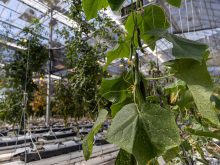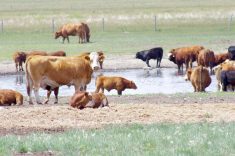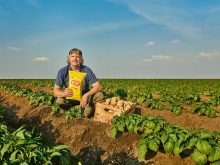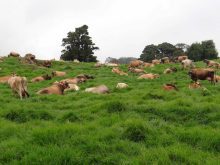“As a leader, you inspire yourself and your staff by providing them with answers to important questions.”
GWEN SIMPSON
INSPIRED MARKET GARDENS
Farm operators can capitalize agriculture’s growing appeal with a largely urbanized population when it comes to looking for workers, a Carvel-area market gardener says.
Gwen Simpson told producers at a recent organic seminar people in their 20s and 30s want to learn more about farms and what it takes to grow food. This can become a good learning opportunity for both youth and farmers.
Read Also
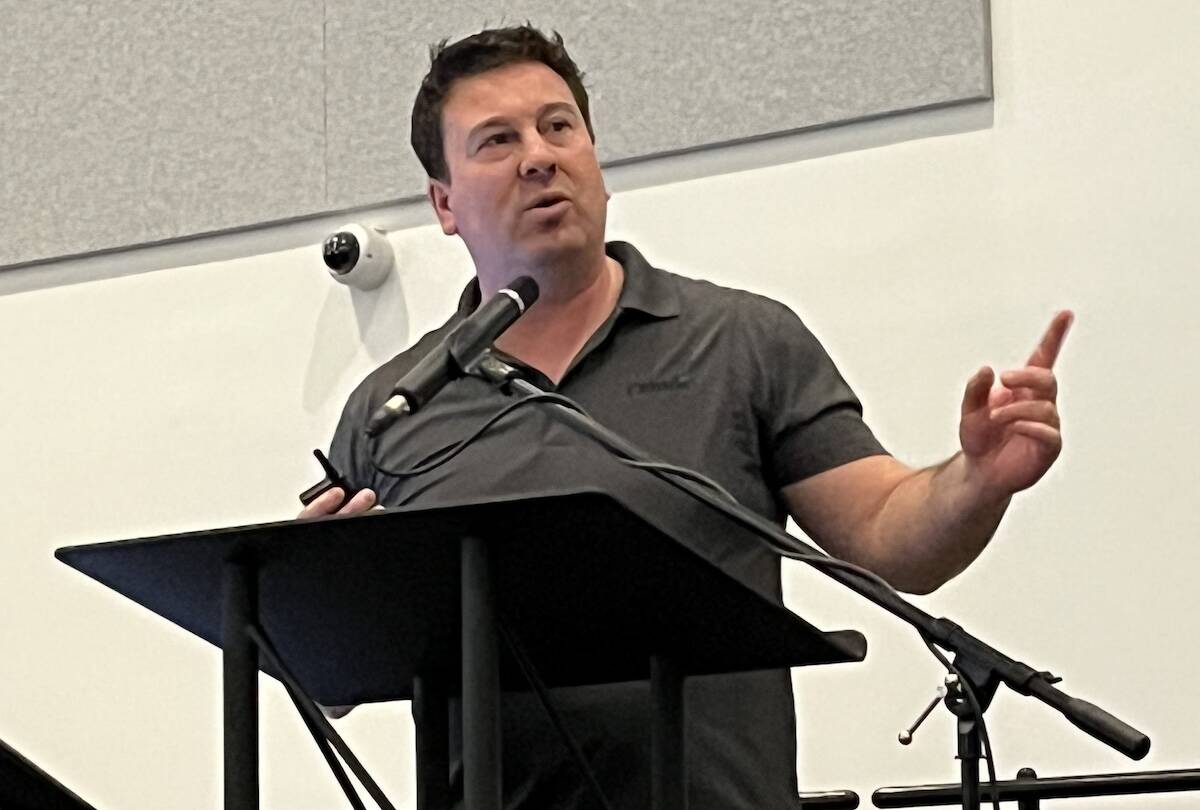
Aster leafhoppers: An unwanted guest migrating from U.S. for canola
Research scientist talks about the prevalence of aster yellows in canola in Alberta, with testing on its pest carriers and conditions in which it affects yields.
Simpson, who runs Inspired Market Gardens near Carvel, has hired young people in the past and also worked with an intern as part of the Alberta Sustainable Agriculture Apprenticeship Program (ASAAP). Many young people have never been on a farm, yet want to learn more about how things grow and how food is produced, said Simpson, who has a background in marketing and management.
Think business
Simpson advised producers attending the GO Organic seminar to think about their farm as a small business. She said one of the challenges in running a farm is thinking about leadership and how it relates to hired workers. “As a leader, you inspire yourself and your staff by providing them with answers to important questions. This is really important if you’re going to hire young people,” she said.
Simpson presented information gathered from nine farms that participated in the ASAAP program. She said many young people who served as interns wanted to learn and be inspired by the people who hired them.
Simpson found it useful to involve her intern in the conversations that she had with her horticulturist, who is her senior and most involved staff member. This process allowed her intern to gain more background knowledge and understand how decisions are made on the farm. The apprentices in the program also learned from conversations at the farm dinner table.
More questions
People in their late teens, 20s and early 30s are prone to ask more existential questions about what the farm is, what the farmers are doing and why things are done a certain way. Producers working with young people should be prepared for this, “Your answers must be convincing, passionate and compassionate,” Simpson said. Farmers can help instill passion in the younger generation by talking about things that matter them too, she said.
Simpson suggested asking apprentices what they need in order to feel comfortable or to complete the task at hand. Explaining things and providing a bigger picture of the entire operation is generally important with people of this generation.
Consistency of word and action is another key to working successfully with young people.
Follow the rules
For example, farmers who have a clear safety policy on their farms must follow the policy themselves, and stand by their decisions. Young people who have never worked on a farm may have different ideas about what farming is really like and may not expect to do repetitive tasks.
These people may not be used to hard labour, long hours and physical discomfort. “These things need to be told up front,” she said. Young people are also looking for workplace flexibility and allowing for this can help with staff retention. “Flexibility is almost, if not more important than how much they’re getting paid,” Simpson said.
Simpson reminded her audience that many of them may have forgotten that farming requires a diverse set of skills, many of which need to be learned. “Some of the things that you think are easy are really not,” she said.
Don’t assume
She said farmers should not assume that people know how to complete certain tasks. As well, youth today has been raised in the information age and may make their own assumptions or changes without understanding the consequences.
Simpson emphasized that the way to combat this problem is to be clear and consistent. “Explain this is what we’re doing, and this is why we’re doing it and what the consequences of not doing it or changing it are,” she said. Young people who gain more skills will generally expect more responsibility and more challenges, she said.
Simpson has learned that the best way to train people is to give them the big picture, and then demonstrate the task while the apprentice watches. After this, the employer must walk their apprentice through the task and do it with them. Following this, the employer must watch their apprentice do the task and resist the impulse to do it themselves. The fourth step in this process is returning to check that the task has been done correctly.
Training
She then asks her employees to tell her the steps in which they do the task, and explain why it’s done this way. This requires a great deal of patience, she said.
Allowing young people to work on the farm can allow young people to see how difficult and stressful the profession can be. However, working with young people can encourage them to develop a love for and a respect for farming and encourage them to get into the profession. The only way to get younger people into the industry is to inspire them and train them, said Simpson.





